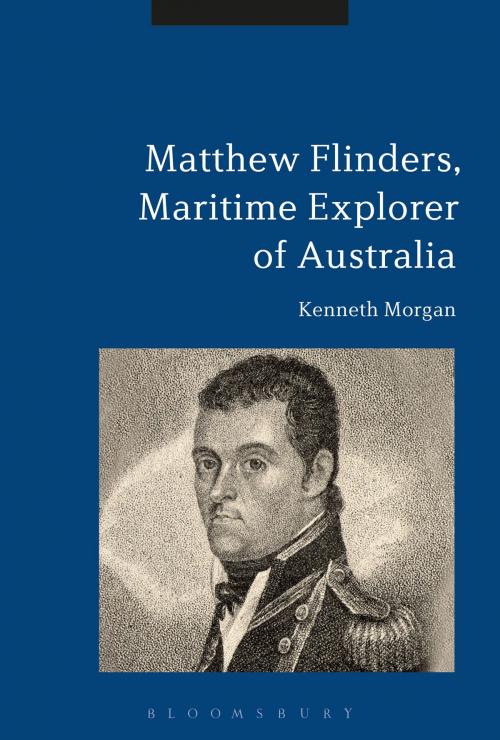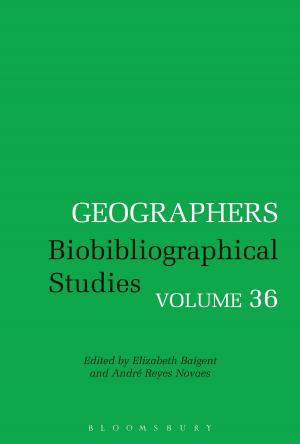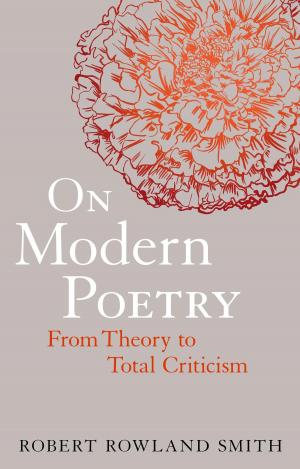| Author: | Professor Kenneth Morgan | ISBN: | 9781441122698 |
| Publisher: | Bloomsbury Publishing | Publication: | March 24, 2016 |
| Imprint: | Bloomsbury Academic | Language: | English |
| Author: | Professor Kenneth Morgan |
| ISBN: | 9781441122698 |
| Publisher: | Bloomsbury Publishing |
| Publication: | March 24, 2016 |
| Imprint: | Bloomsbury Academic |
| Language: | English |
This book provides a thoroughly researched biography of the naval career of Matthew Flinders, with particular emphasis on his importance for the maritime discovery of Australia. Sailing in the wake of the 18th-century voyages of exploration by Captain Cook and others, Flinders was the first naval commander to circumnavigate Australia's coastline. He contributed more to the mapping and naming of places in Australia than virtually any other single person. His voyage to Australia on H.M.S. Investigator expanded the scope of imperial, geographical and scientific knowledge. This biography places Flinders's career within the context of Pacific exploration and the early white settlement of Australia. Flinders's connections with other explorers, his use of patronage, the dissemination of his findings, and his posthumous reputation are also discussed in what is an important new scholarly work in the field.
This book provides a thoroughly researched biography of the naval career of Matthew Flinders, with particular emphasis on his importance for the maritime discovery of Australia. Sailing in the wake of the 18th-century voyages of exploration by Captain Cook and others, Flinders was the first naval commander to circumnavigate Australia's coastline. He contributed more to the mapping and naming of places in Australia than virtually any other single person. His voyage to Australia on H.M.S. Investigator expanded the scope of imperial, geographical and scientific knowledge. This biography places Flinders's career within the context of Pacific exploration and the early white settlement of Australia. Flinders's connections with other explorers, his use of patronage, the dissemination of his findings, and his posthumous reputation are also discussed in what is an important new scholarly work in the field.















